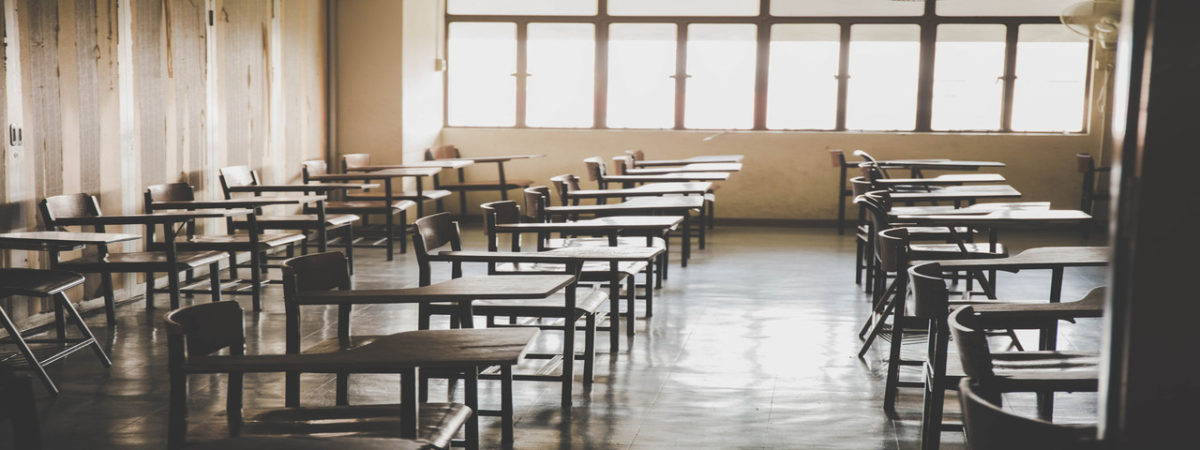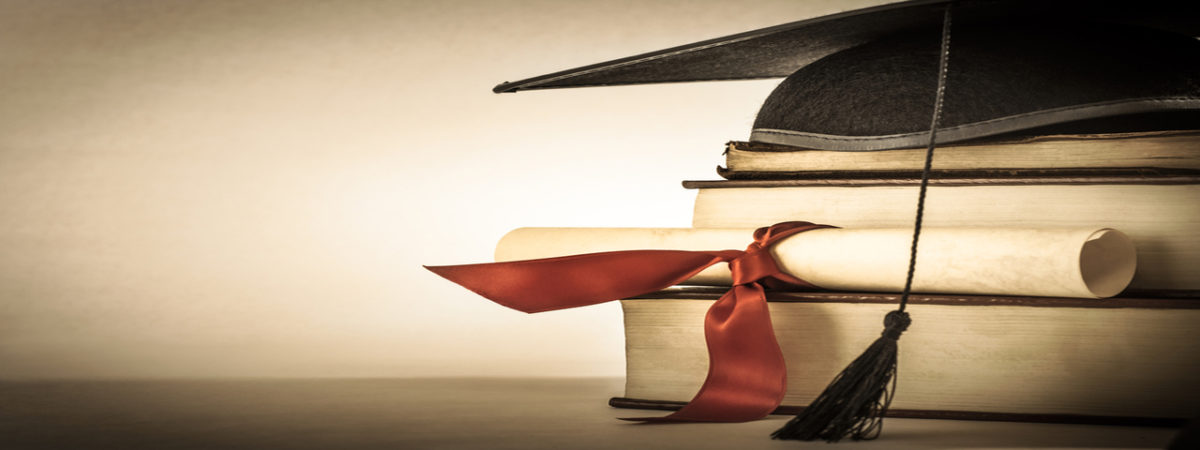UK-US tariffs and the Airbus-Boeing dispute
SUGGESTED



However, the rivalry between the world’s two largest manufacturers of commercial aircraft has the potential to damage companies in other industries including British whisky, other alcoholic spirits, biscuits, bed linen and luxury clothing. If you think that sounds like I’ve had one scotch too many, I hope you’ll allow this teetotal author to explain.
It all dates back to 2004 when at the behest of Boeing, the US government sought talks with the European Union (EU) over the level of taxpayer support Airbus was receiving from the French, German and Spanish governments. In 2006, the US then filed a case against Airbus at the World Trade Organization (WTO) alleging Airbus received $22 billion in illegal subsidies. The EU responded with a counter-claim that Boeing had received more in support via “trade distorting subsidies” due to preferential treatment for US government R&D projects. Since then the WTO has found that both companies have been unfairly subsidised one way or another.
Remedies at the WTO are said to be prospective, i.e. when a WTO member has violated the rules, it is asked to bring its measures into compliance, but not told how to do so, out of respect for national sovereignty. If the losing party is found not to comply with the ruling of the dispute settlement bodies, the WTO may authorise retaliatory measures to a value amount deemed equal to the damage caused. So, in 2019, the WTO authorised the US government to impose tariffs on $7.5 billion of annual EU imports. As a result, the US government levied 10% tariffs on most European-made Airbus jets and 15-25% duties on products including luxury clothes, bed linen, cheese, olives and single-malt whisky. The full list of goods, most of which are unrelated to Airbus or civilian aircraft, can be found here.
In order to increase the pressure on the EU, in June 2020 the US announced it was considering additional tariffs worth $3.1 billion annually and will decide upon these on 12 August. Hoping to finally settle the dispute, Airbus announced it will end financial support from the French and Spanish governments.
Talk about timing. This is all happening as the UK government negotiates a new relationship with the EU and at the same time negotiates a new US-UK trade deal, as well as trade agreements with other countries. During the transition period between the UK having left the EU this year and the new relationship from 2021, the European Commission is supposed to continue representing the UK in talks over the Boeing-Airbus dispute with the US government, but there is concern for British companies that the EU Commissioner for Trade, Phil Hogan, who has been openly hostile to the UK leaving the EU, is understandably focusing on the concerns of French, German and Spanish companies and less concerned about the damage to UK companies.
Given the political realities what can the UK government reasonably do to avoid UK companies being damaged by US tariffs imposed as a result of the actions of the French, German and Spanish governments?
One solution might be for the UK Secretary of State for International Trade to ask the US Trade Representative (USTR) not to levy tariffs on UK products as a gesture of goodwill. While this might be a good test of the so-called special relationship, under President Trump the US has taken a pretty hard-nosed approach to trade negotiations.
In a recent paper, Shanker Singham, CEO of Competere and an IEA Fellow, suggests a number of measures the UK government can take:
- Review the approach to subsidies for large scale commercial aircraft production. While the UK government claims that launch aid provided to UK Airbus has been repaid, it could also send a very public signal to the US government by reviewing current subsidies and market distorting measures such as export financing. The UK can commit to the US that it will not engage in trade distorting subsidies for UK entities. At the same time, the UK government will want to maintain good relations with the 3 EU partners in Airbus. Singham admits that “this is a difficult challenge to be sure, but it is one the UK will have to learn to straddle as it will apply to many areas of UK-EU collaboration while the UK also maintains significant UK-US collaboration.”
- Agree “early harvest measures” for the future US-UK trade agreement. While the UK and US are unlikely to conclude a full trade agreement before the November 2020 US Presidential election, both sides could build momentum by agreeing to “early harvest measures” including: i) closing chapters of the agreement that are relatively uncontroversial; ii) agreeing to de-escalate tensions on the UK-US aspects of the Airbus-Boeing dispute including elimination of tariffs on unrelated sectors such as distilled spirits, proper application of launch aid, and export financing where UK and US might be able to come to an agreement more easily than US and EU; and iii) zero for zero tariff agreements on key sectors, including distilled spirits building on best practices from the UK-US Agreement on the Mutual Recognition of Certain Distilled Spirits / Spirits Drinks (2019).
- Incorporate joint UK-US industry positions into a trade agreement. As well as the spirits agreement mentioned above, UK and US companies could develop joint positions in the financial services, tech and defence industries, where these do not harm consumers or distort the market.
In effect, Singham argues that UK should view the UK-US trade agreement as an opportunity to recalibrate the UK-US relationship as a distinct relationship between two sovereign nations and to seek “early harvest” measures to ensure that the fallout of the essentially US-EU Boeing-Airbus dispute does not damage UK-US relations. However, this depends on the US government being willing to show good will towards the UK. So far, the US administration has issued plenty of warm words about post-Brexit Britain, but its actions over Airbus will be a test of whether it is willing to match those warm words with deeds.
Professor Syed Kamall hosted a video with Shanker Singham and Dan Ikenson, Director of Cato’s Herbert A. Stiefel Center for Trade Policy Studies, which is available on the IEA’s YouTube channel here.




